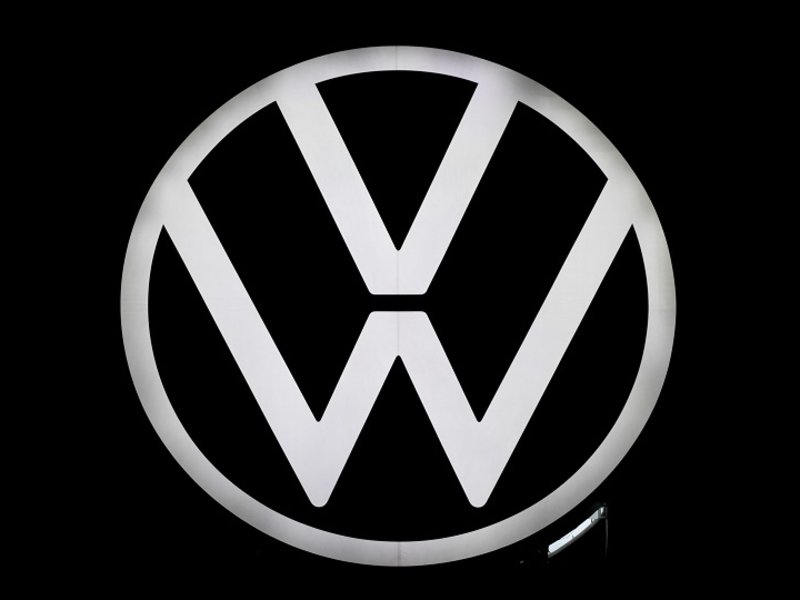
WASHINGTON — Volkswagen Group’s U.S. unit issued a false news release Tuesday claiming it would rename its U.S. operations as “Voltswagen of America” in a marketing stunt designed to call attention to its electric vehicle efforts.
The news release, posted on its website and accompanied by tweets, was reported by Automotive News, Reuters and other outlets globally and included a detailed description of its purported rebranding efforts and new logos.
Later Tuesday, the company fessed up.
“Volkswagen of America will not be changing its name to Voltswagen. The renaming was designed to be an announcement in the spirit of April Fool’s Day,” VW said in a statement after removing the release from its U.S. media site. “We will provide additional updates on this matter soon.”
Earlier, a VW spokesperson at the German manufacturer’s headquarters in Wolfsburg called it “an interesting idea” from the marketing department.
VW had said it mistakenly published a draft of the fake release on Monday and took it down after some reporters wrote stories about it. It then issued the “official” announcement on Tuesday, two days before April Fool’s Day.
The world’s second-largest automaker expects to double electric vehicle deliveries and boost profits for its core brand this year after stepping up its switch to fully electric vehicles.
Some VW officials have expressed frustration that its significant U.S. EV efforts have not drawn as much attention as Tesla or General Motors.
The Volkswagen brand aims to invest 16 billion euros ($19 billion) in electrification and digitalization by 2025. It has committed to sell one million EVs worldwide by 2025.
Those stakes are too high to joke about, said Tom Morton, chief strategy officer for the U.S. at advertising firm R/GA in New York.
“This is the most pressing challenge of the auto industry, ‘Can you go electric?’ It’s an odd thing to be joking about,” Morton said. “Choosing to joke about it undermines their commitment.”
It wouldn’t be the first time VW’s marketing has been questioned. The automaker caused an uproar last year with a video clip that showed a Black man being controlled by a giant white hand.
The clip produced by Omnicom Group Inc.’s Berlin-based subsidiary Voltage sparked widespread criticism and tensions within the company. The German automaker’s powerful labor representatives called it a “low point” and demanded an overhaul of social-media marketing.
Volkswagen in 2015 admitted to using illegal software to rig diesel engine tests in the United States, sparking Germany’s biggest corporate crisis and costing the carmaker more than 32 billion euros ($38 billion) in fines, refits and legal costs.
In 2017, VW pleaded guilty to fraud, obstruction of justice and making false statements as part of a $4.3 billion settlement reached with the U.S. Justice Department over the automaker’s diesel emissions scandal.
Bloomberg contributed to this report.

